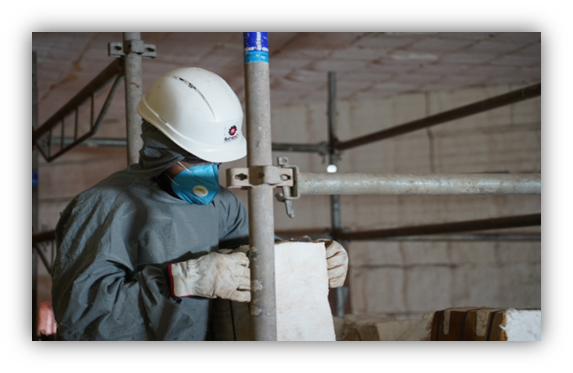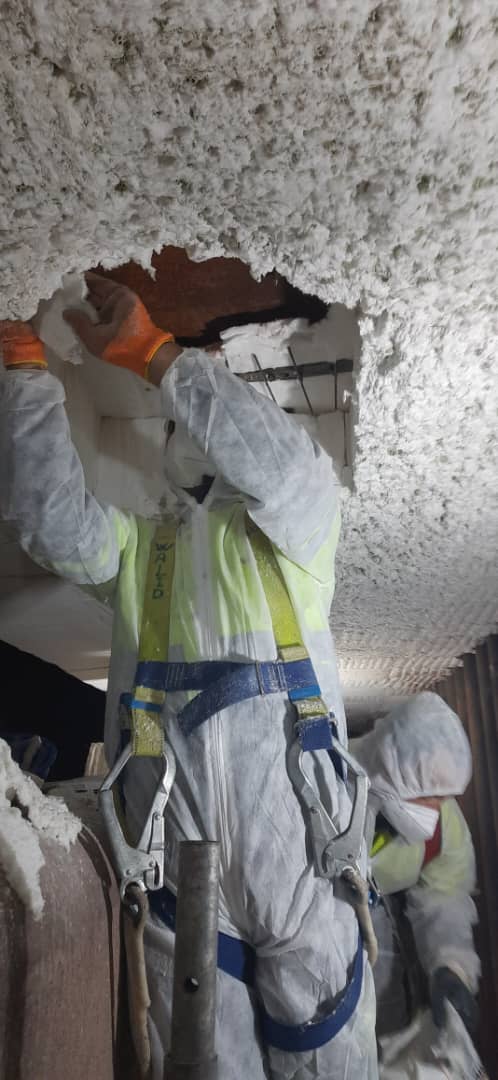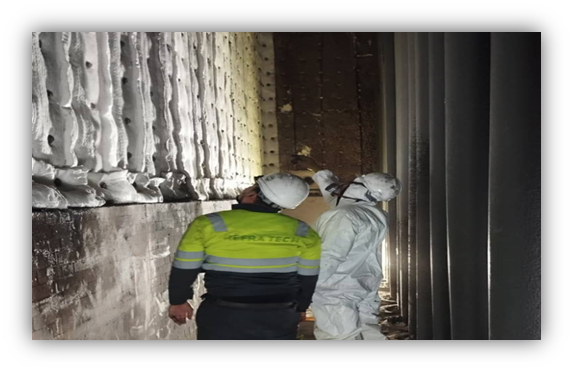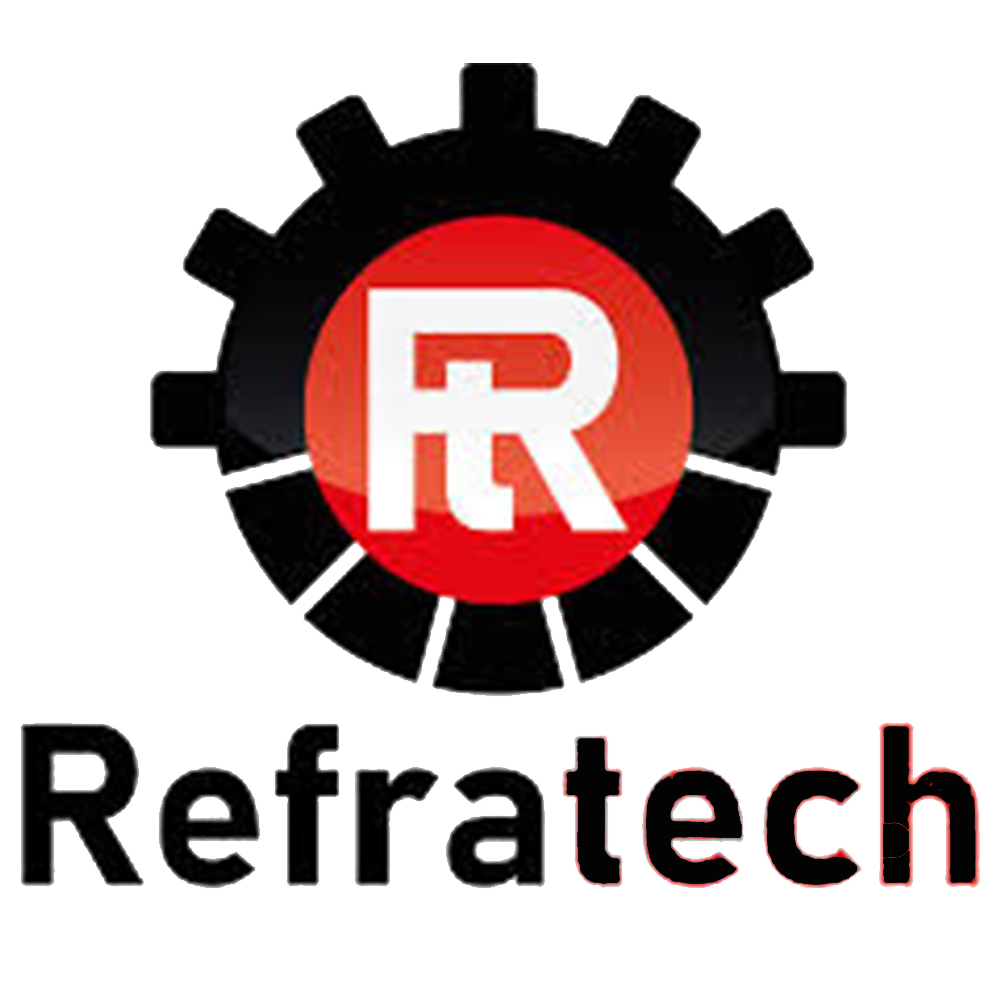CERAMIC FIBER
Refractory ceramic fibers (RCF) are materials used in many industries due to their exceptional properties, including low density, high-temperature resistance, and ability to provide effective thermal insulation. These fibers are generally composed of silicates and aluminum oxide, which gives them excellent thermal stability.
Properties of Refractory Ceramic Fibers (RCF):
Low Density: RCF have a much lower density than traditional ceramic materials, making them an ideal choice for applications where weight is a critical factor, particularly in the aerospace, automotive, and industrial components sectors.
Effective Thermal Insulation: RCF exhibit exceptional insulation properties, especially at very high temperatures. They can withstand temperatures ranging from 1,000°C to 1,400°C, making them particularly suitable for industrial environments where intense heat is present. These fibers play a crucial role in reducing heat loss and controlling temperature in furnaces, boilers, reactors, and other equipment exposed to high temperatures.
Resistance to Oxidation and Aggressive Environments: RCF can maintain their resistance properties even in the presence of gases or other aggressive chemical elements, making them especially suitable for industries where operating conditions are harsh, such as metallurgy, glass production, or high-temperature material processing.
Ease of Handling and Installation: Refractory ceramic fibers can be used in various forms, including rolls, panels, or textiles, allowing for flexible and rapid installation in thermal protection or insulation systems.





